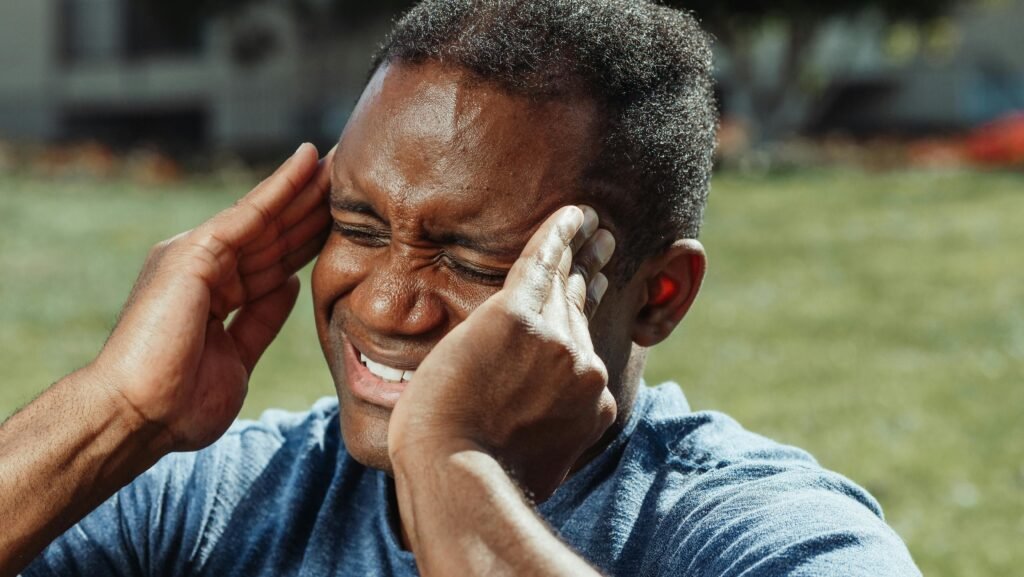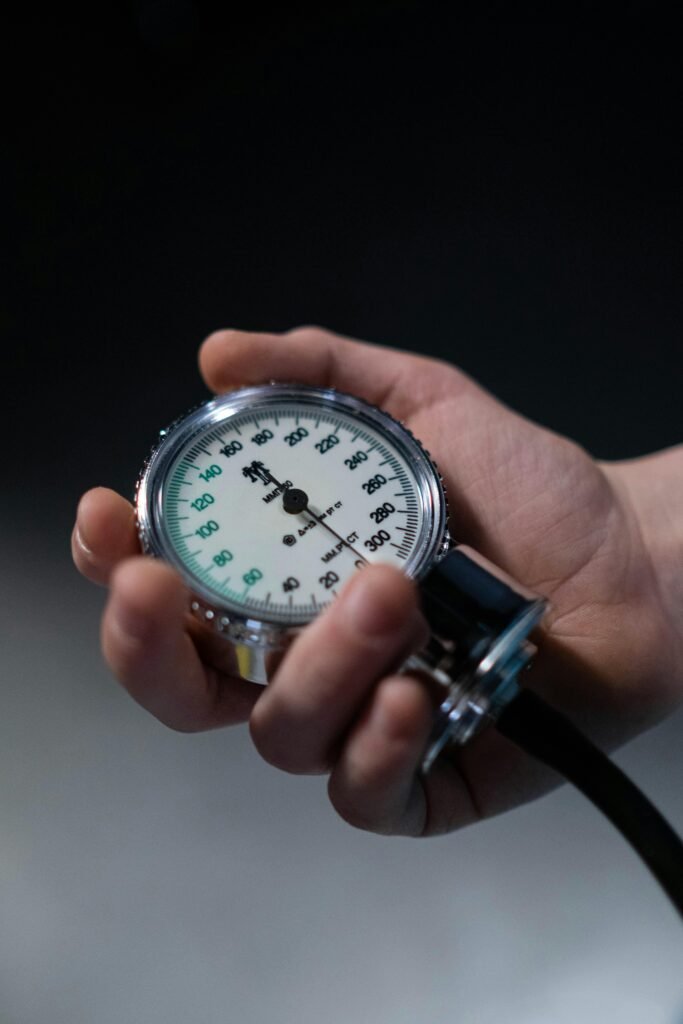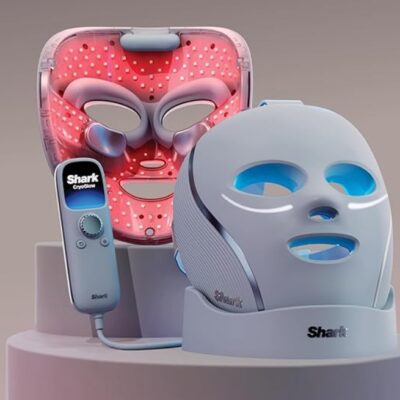How to Detect High Blood Pressure: 5 Silent Warning Signs
Note: This article is for informational purposes only and is not a substitute for professional medical advice. Always consult with a qualified healthcare provider regarding any health concerns.
How to detect high blood pressure remains a critical health challenge because this condition often develops without obvious symptoms. In fact, nearly half of American adults have high blood pressure, and many don’t even know it.
This is why hypertension has earned its ominous nickname: “the silent killer.” However, your body may actually be sending subtle signals that something isn’t right.
These easily overlooked warning signs could be the difference between early intervention and serious complications.
As a result, recognizing these hidden indicators becomes essential for protecting your cardiovascular health. Moreover, catching high blood pressure early can prevent damage to your heart, brain, kidneys, and other vital organs.
Let’s examine the subtle warning signs that might indicate your blood pressure is climbing to dangerous levels.
How to Detect High Blood Pressure Through Physical Warning Signs
Your body is remarkably adept at communicating when something isn’t right. Nevertheless, we often dismiss minor symptoms as just part of getting older or being stressed. The following physical signs, however, should never be ignored – especially if you notice multiple symptoms or if they persist over time.
Early Morning Headaches May Signal High Blood Pressure Problems
Do you frequently wake up with a pounding headache? According to the American Heart Association, morning headaches that occur specifically at the back of the head can be associated with elevated blood pressure. This happens because, during sleep, your blood vessels may constrict when blood pressure rises, triggering pain upon waking.
Additionally, these headaches often resolve after you’ve been up and moving for an hour or two, which is why many people dismiss them. However, research in the Journal of Hypertension found that 22% of patients with untreated hypertension reported these characteristic morning headaches compared to just 8% of those with normal blood pressure.
Unexplained Dizziness When Standing
That lightheaded feeling when you stand up quickly might be more than just standing up too fast. In many cases, it could indicate your blood pressure is struggling to regulate properly. Furthermore, this dizziness occurs because high blood pressure can affect how efficiently your body maintains blood flow to your brain during positional changes.
A study published in the European Heart Journal found that frequent dizziness upon standing was present in 18% of people later diagnosed with hypertension but only 5% of those with normal blood pressure. Therefore, if you notice this symptom regularly, it warrants attention from your healthcare provider.
How to Detect High Blood Pressure Through Visual Disturbances
Few people realize that high blood pressure can actually affect your vision. Subsequently, paying attention to changes in your eyesight could provide critical early warning.
Seeing Spots or Floaters
Occasional floaters in your vision are normal. Conversely, a sudden increase in floaters or spots, particularly when accompanied by other symptoms, may indicate that high blood pressure is affecting the blood vessels in your eyes.
Research published in the American Journal of Ophthalmology demonstrates that hypertension can damage the delicate blood vessels in the retina, causing small spots of blood to leak into the vitreous fluid of the eye. Consequently, these appear as spots or floaters in your vision. If you notice a significant increase, don’t wait – this could be a sign of hypertensive retinopathy, which requires prompt medical attention.
Subtle Cognitive Changes That May Indicate High Blood Pressure
High blood pressure doesn’t just affect your body – it impacts your brain too. In particular, these cognitive changes may develop gradually, making them easy to miss.
Difficulty Concentrating and Memory Problems
Have you been unusually forgetful or struggling to focus? While many factors can cause cognitive issues, research from the Journals of Gerontology revealed that even moderately elevated blood pressure can impair cognitive function over time.
The reason? High blood pressure restricts blood flow to the brain, potentially causing small areas of damage that affect thinking skills. As a result, what might seem like normal age-related memory issues could actually be a sign that your blood vessels are under pressure.
Unexplained Fatigue and Sleep Issues
Feeling constantly tired despite getting adequate sleep? This could be your body signaling that your cardiovascular system is under strain.
When your blood pressure is high, your heart must work harder to pump blood throughout your body. Subsequently, this extra effort can leave you feeling perpetually exhausted. A study in the American Journal of Hypertension found that undiagnosed hypertension was twice as common in people reporting unexplained fatigue compared to those without this symptom.
Additionally, high blood pressure often disrupts sleep patterns, creating a vicious cycle where poor sleep further elevates blood pressure. Therefore, if you’re experiencing unusual fatigue alongside disrupted sleep, consider having your blood pressure checked.
What to Do If You Notice These Warning Signs
If you’ve identified with one or more of these subtle signals, taking action now could prevent serious complications later. First and foremost, schedule an appointment with your healthcare provider for a proper blood pressure evaluation.
In the meantime, monitor your blood pressure at home if possible. Affordable automatic blood pressure monitors are widely available and can help you track patterns over time. Furthermore, maintain a log of your readings along with any symptoms you experience to share with your doctor.
Prevention and Next Steps
Being proactive about your cardiovascular health is always better than reactive treatment. Consequently, even if your blood pressure is currently normal, implementing heart-healthy habits now can help keep it that way.
Regular physical activity, maintaining a healthy weight, limiting sodium and alcohol intake, and managing stress are all evidence-based strategies for blood pressure control. Above all, having your blood pressure checked regularly is essential for early detection.
Ready to take control of your blood pressure health? Download our free “BP Self-Check Checklist” below to learn exactly how to monitor your blood pressure at home, what numbers to watch for, and when to seek medical attention. This quick guide puts the power of early detection in your hands so that you can take next action steps immediately.
Download Your Free BP Self-Check Checklist HERE!
While you’re here…
✅If this sounds familiar, here’s how high blood pressure affects your daily health and what you can do about it.
Please note: This article is for informational purposes only and is not a substitute for professional medical advice. Always consult with a qualified healthcare provider regarding any health concerns.











3 Comments
[…] you missed, “How to Detect High Blood Pressure: 5 Silent Warning Signs,” go check that post first. Because once high blood pressure takes hold, the damage adds up […]
[…] you found this guide helpful, check out our introduction to natural blood pressure control to share with friends and family who might benefit, or revisit our detailed breakdown of […]
[…] ✅ How to Detect High Blood Pressure: 5 Silent Warning Signs […]